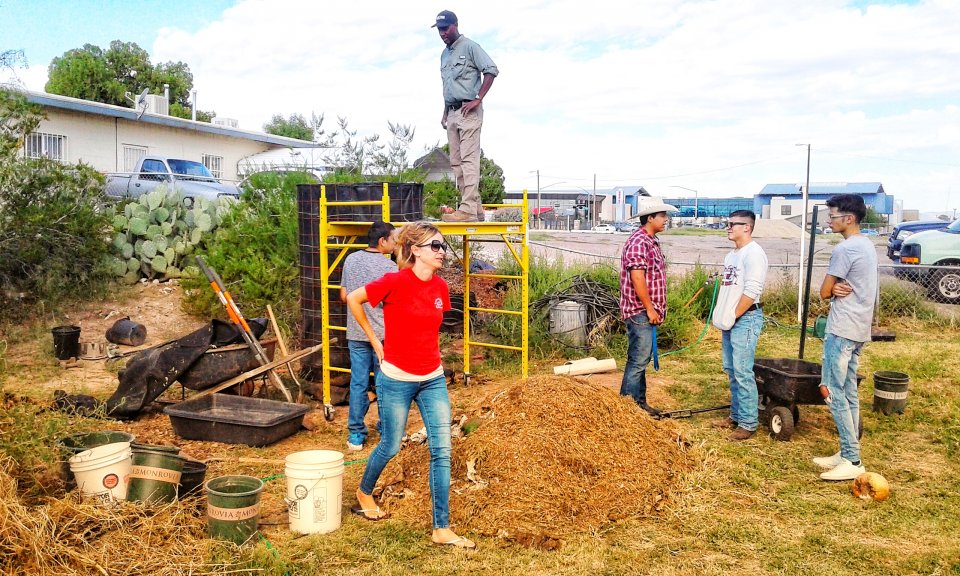The progressive international nonprofit, Food Tank (founded by Danielle Nierenberg and Bernard Pollack), had its NYC summit yesterday and addressed one of the food industry's most urgent issues: waste. "40% of all food is wasted. If food waste was a country, it would be the third largest emitter of greenhouse gasses." — Roy Steiner, Rockefeller Foundation
When food decomposes in a landfill, it does so underground. That means that it doesn’t have any access to oxygen and undergoes a process called anaerobic decomposition. This releases methane, a greenhouse gas that contributes to climate change. When organic matter decomposes above ground (in compost), it has access to oxygen and thus undergoes aerobic decomposition, which doesn’t generate methane.
In emerging markets, it’s in the early stages of the supply chain that food is lost, mainly due to poor transport. In western countries, it’s much closer to the consumer that food is wasted.” - Roy Steiner
Want to do your part? Start with adhering to the basics: cut down on wheat and meat, buy local foods, serve just enough and use what is left. Once you’ve exhausted every option, put your food waste in your compost pile. At its most basic level, composting is simply the deconstruction of any organic material. And it’s probably already happening, whether you realize it or not, in your kitchen’s plastic-lined garbage bin.
Chihuahuan Desert Charities wants to funnel this knowledge into our youth. Learning to compost is a key part of regenerative agriculture. Compost improves soil structure, adding nutrients and energizing the soil food web. By feeding the soil and improving its structure it favors gas and water transfers in the soil, seed germination, and root growth, as well as reduce susceptibility to erosion.
The DYGUP & SUSTAIN Program is a non-profit dedicated to regenerative organic agricultural practices to teach the benefits of land stewardship in the Paso del Norte Region. DYGUP, an acronym for Developing Youth from the Ground Up, is available to youth ages 14-17. The SUSTAIN program targets adults over 18 and combines "Roots Of Success" Environmental Literacy Curriculum with intensive farmer training. The DYGUP/ Sustain Program has many partnerships in the community including Taylor Hood Farms, Backyard Farms LC, First Christian Church, and Las Cruces High-School. Chihuahuan Desert Charities is proud to be the fiscal sponsor for DYGUP & Sustain and support their important work in the Las Cruces community.
Support the DYGUP & Sustain Program at Legacy Farm in Las Cruces by visiting ChihuahuanDesertCharities.org.


